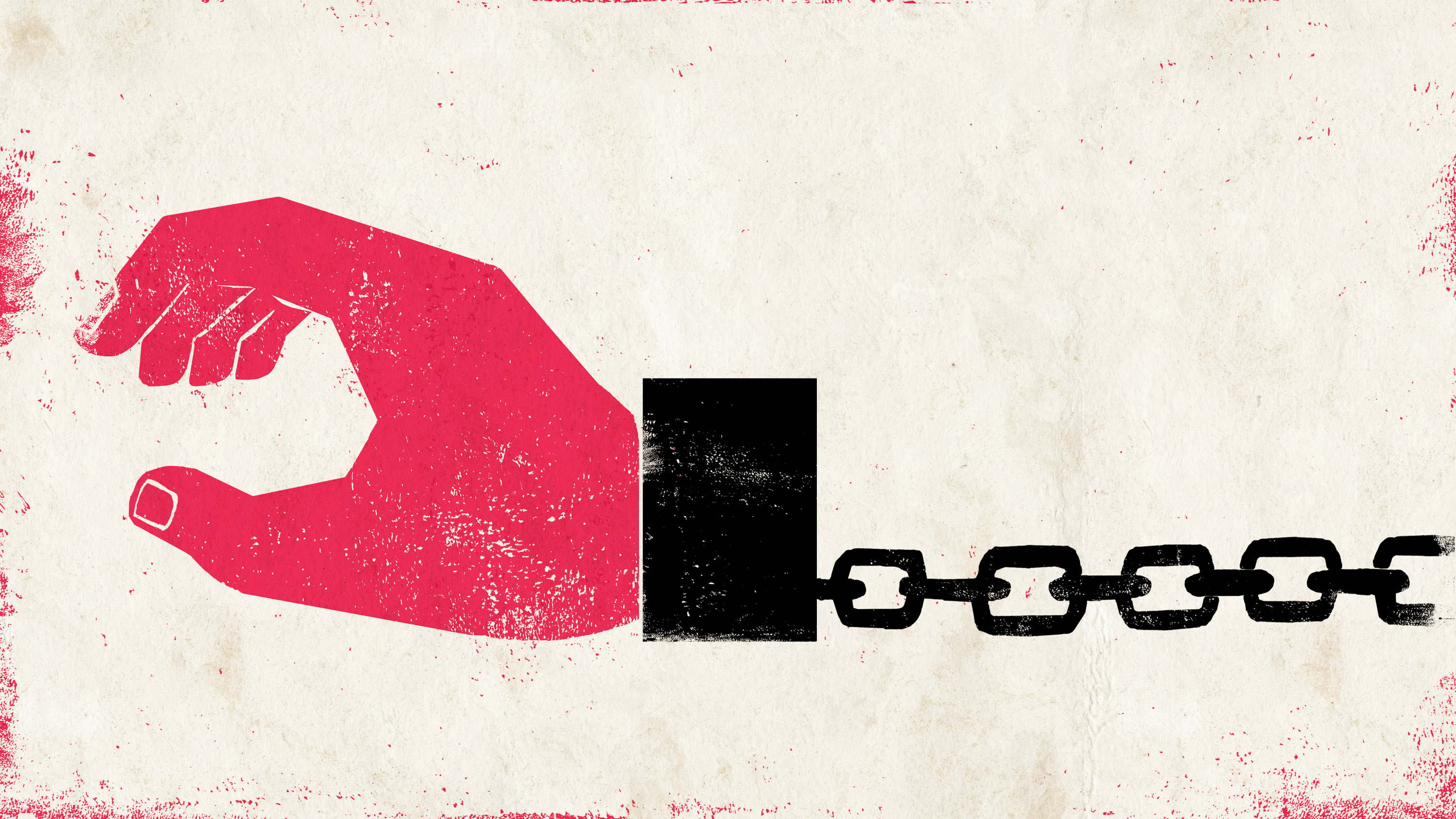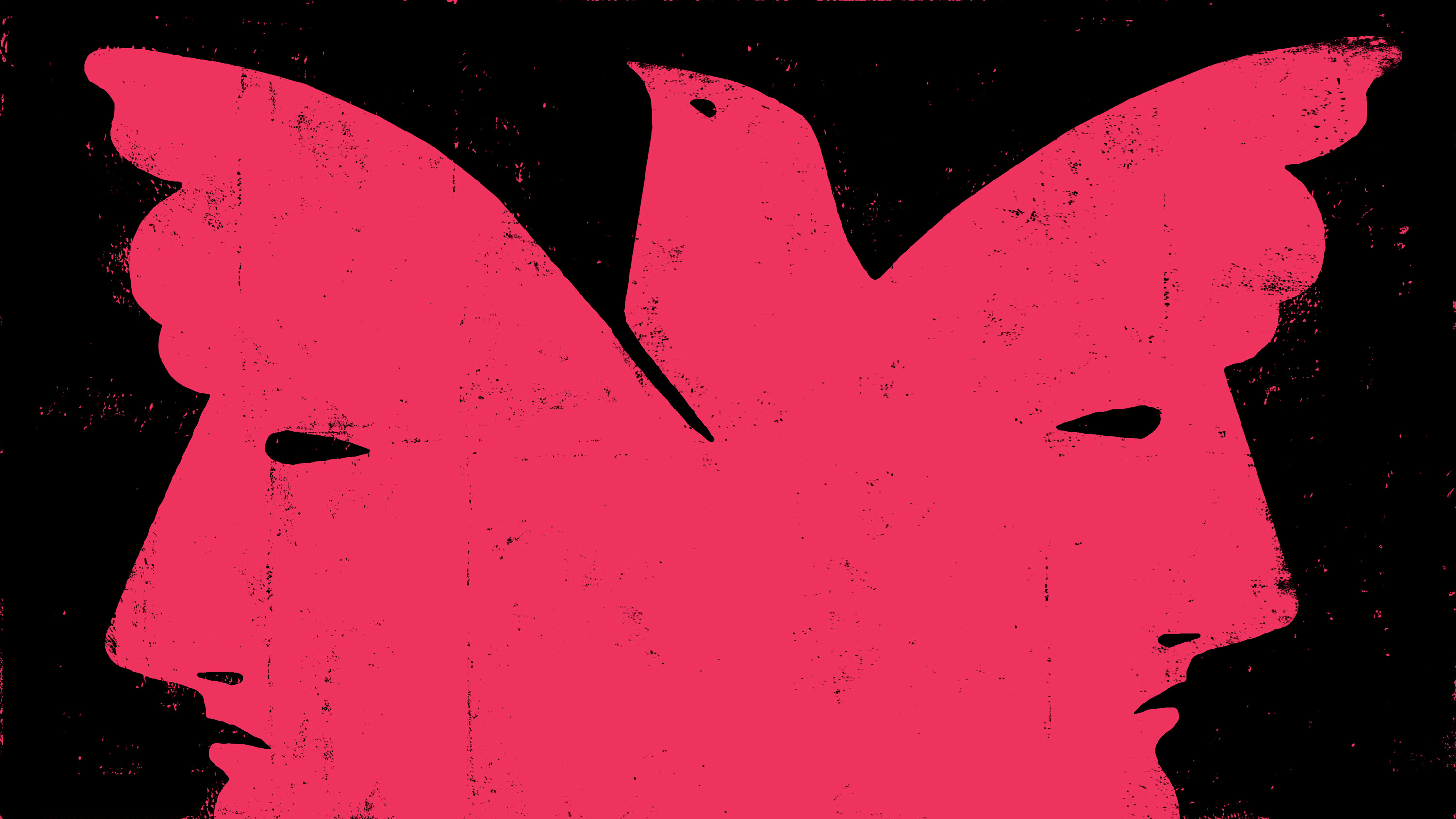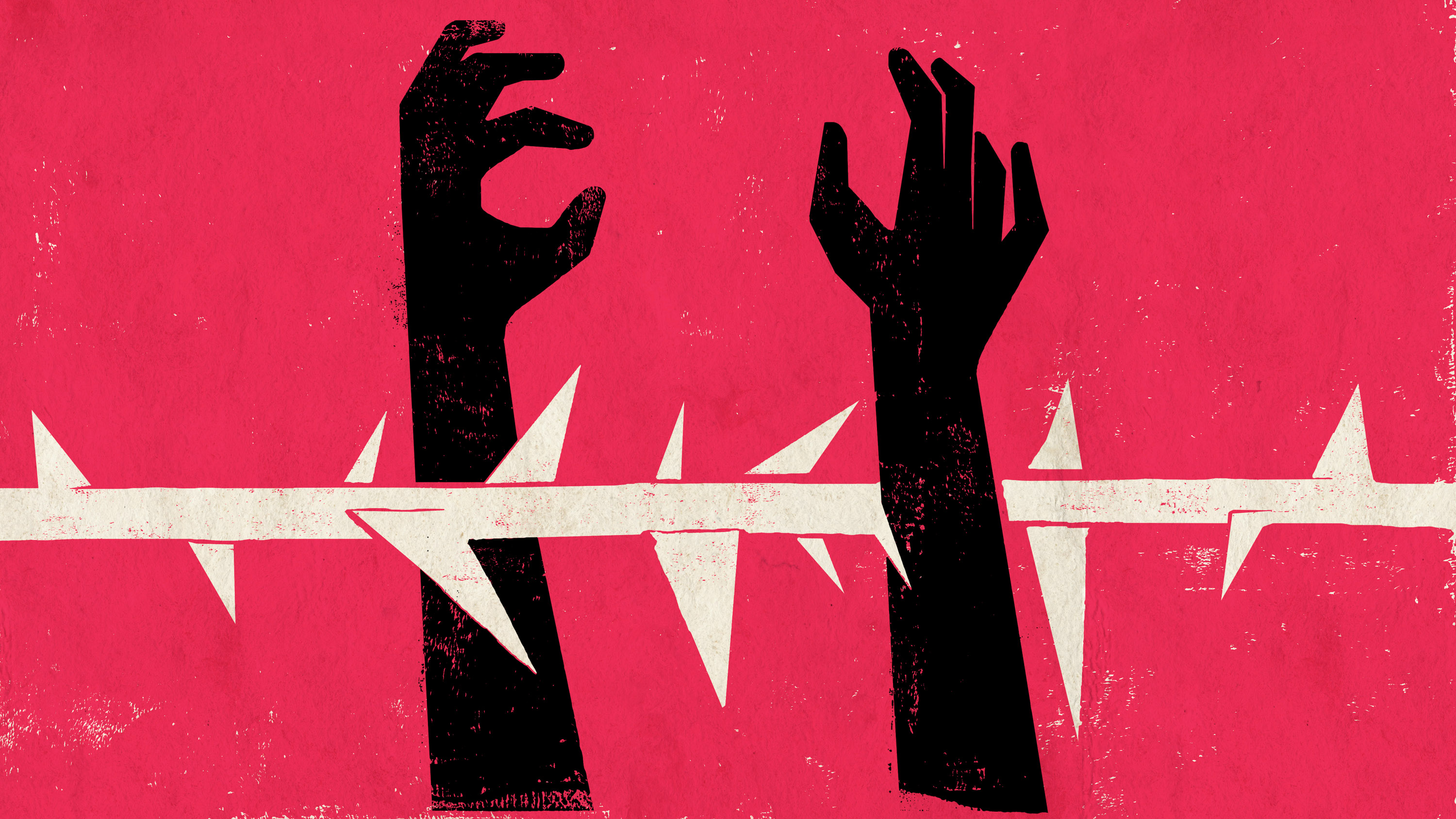
AI Colonialism
An MIT Technology Review series, supported by the MIT Knight Science Journalism Fellowship Program and the Pulitzer Center, investigating how AI is enriching a powerful few by dispossessing communities that have been dispossessed before.

INTRODUCTION
Artificial intelligence is creating a new world order
Over the last few years, an increasing number of scholars have argued that the impact of AI is repeating the patterns of colonial history. European colonialism, they say, was characterized by the violent capture of land, extraction of resources, and exploitation of people—for example, through slavery—for the economic enrichment of the conquering country. While it would diminish the depth of past traumas to say the AI industry is repeating this violence today, it is now using other, more insidious means to enrich the wealthy and powerful at the great expense of the poor.
PART I: RACIAL CONTROL
South Africa's private surveillance machine is fueling a digital apartheid
As foreign companies have dumped surveillance technologies into South Africa, it has not only recreated a digital apartheid but a new model of surveillance that will be exported abroad.

PART II: Exploitation
How the AI Industry profits from catastrophe
By a freak coincidence, Venezuela plunged into an economic crisis right as the AI industry began hunting for larger pools of cheap labor, turning the country into ground zero for a new and growing form of labor exploitation.
PART III: RESISTANCE
The gig workers fighting back against the algorithms
In Jakarta, ride-hailing giant Gojek’s fleet of motorbike taxi drivers are building worker power through worker community.

PART IV: LIBERATION
A new vision of artificial intelligence for the people
ln a remote rural town in New Zealand, an Indigenous couple is challenging what AI could be and who it should serve.
CREDITS
Reporting: Karen Hao, Heidi Swart, Andrea Paola Hernández, Nadine Freischlad
Editing: Niall Firth, Mat Honan
Copy editing: Linda Lowenthal
Art direction: Stephanie Arnett
Fact checking: Matt Mahoney
Photography: Madelene Cronje, Joana Toro, Agoes Rudianto
Illustration: Edel Rodriguez

